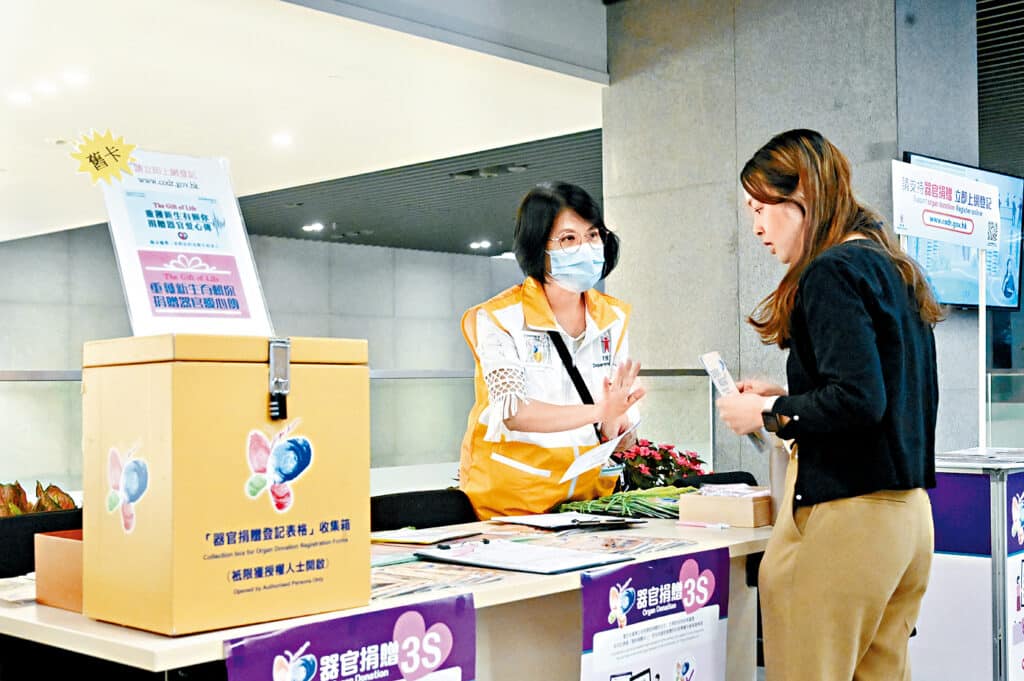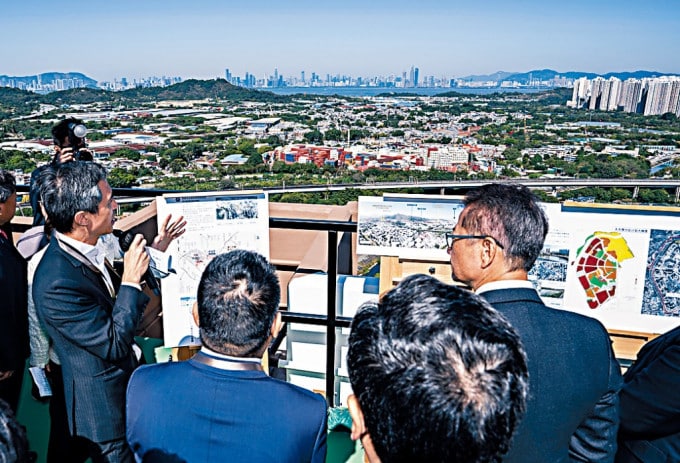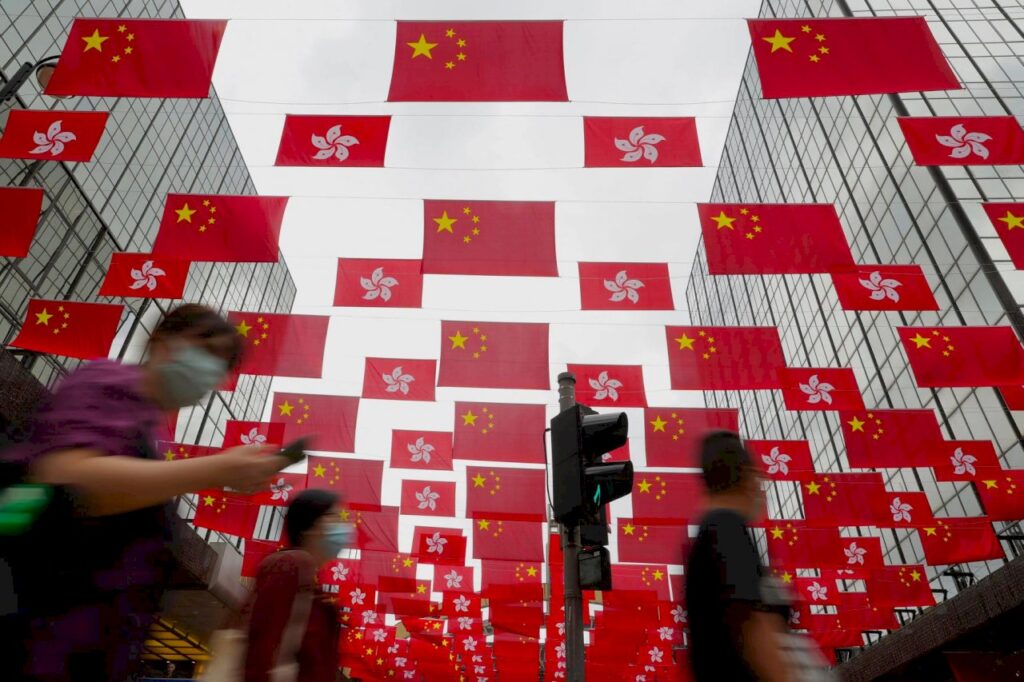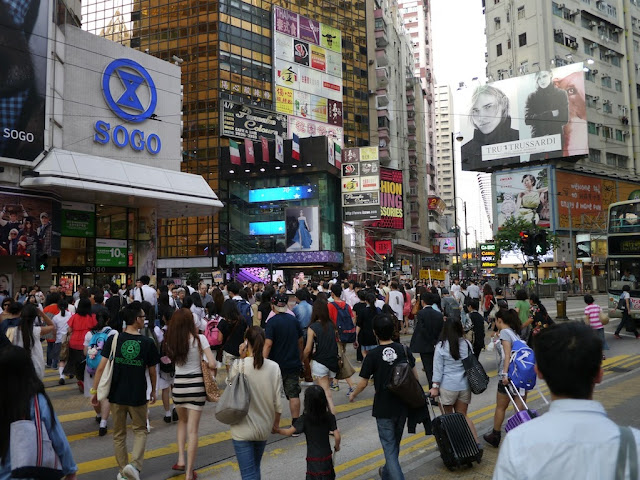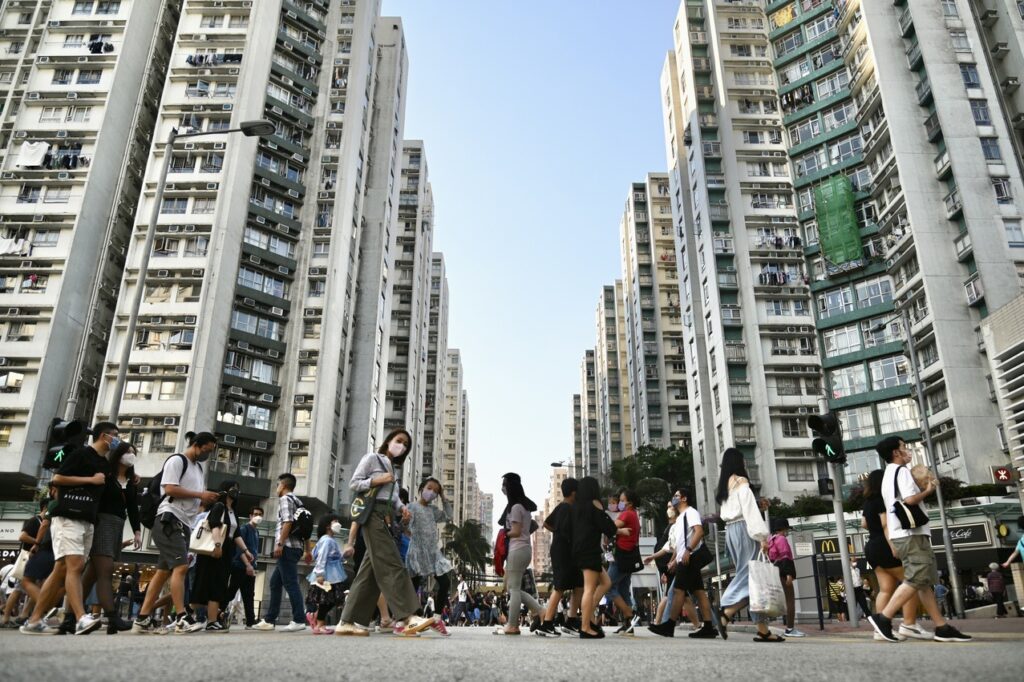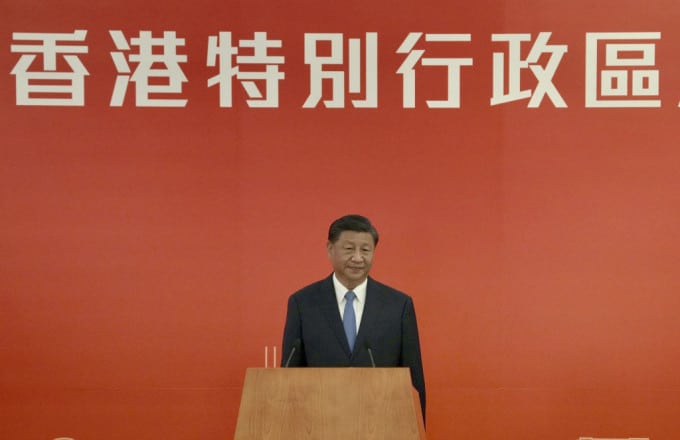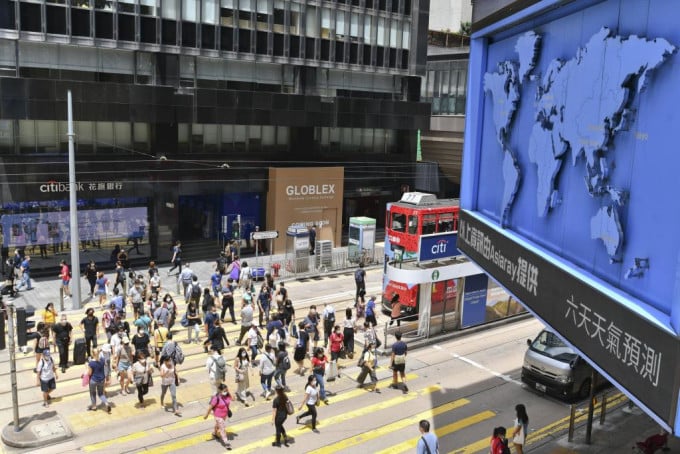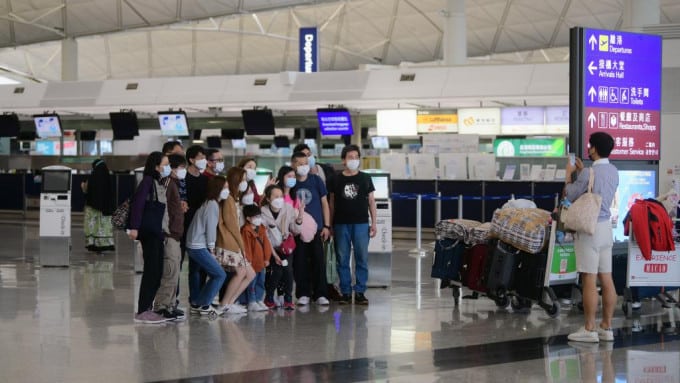Mainland tourists choose Hong Kong for high-end medical check-ups
Hong Kong's medical standards are among the best in the world. A medical examination center reported that over the past year or so, a large number of mainland patients have come to Hong Kong for high-end medical examinations such as whole-body MRIs and cardiopulmonary CT scans, resulting in a 15% increase in business. Some critically ill patients have even traveled south to seek independent third-party medical advice and chosen to come to Hong Kong for treatment. Industry insiders also pointed out that with the improvement of mainland medical standards, the large number of mainlanders who came to Hong Kong for general medical examinations and vaccinations is now a thing of the past. They believe that Hong Kong's medical examination services should develop in a high-end and specialized direction to fully leverage their strengths. A think tank member pointed out that the Hong Kong government has been actively planning to establish a third medical school in recent years, increasing the number of doctors and medical training. It is expected that once all conditions are ripe, the market will be further expanded, and even medical tourism targeting mainland and Southeast Asian tourists will be developed.
Mainland tourists choose Hong Kong for high-end medical check-ups Read More »

